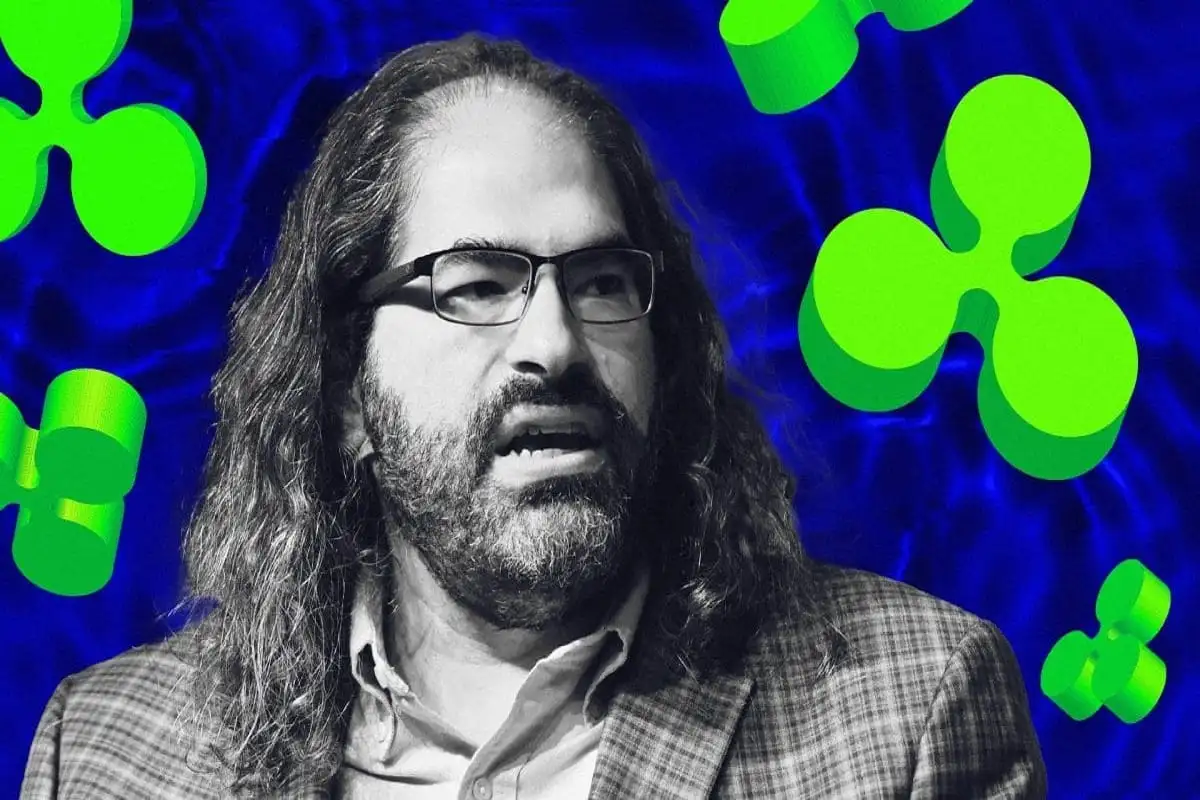The recent security breach on the CETUS DEX built on the SUI blockchain has triggered fresh concerns around decentralization in the crypto sector. This renewed scrutiny has brought several blockchain projects under the spotlight, including Ripple’s XRP Ledger. In response to growing questions, Ripple’s Chief Technology Officer, David Schwartz, has stepped forward to clarify the decentralization status of XRP and address widespread misconceptions.
The comparison was raised by user John Puruntong (@GeorgetheHack), who tweeted, “If XRP is decentralized, then why is Garlinghouse the face of it and Ripple the issuer?? I don’t see the same arrangement with BTC.” His comment implied that Ripple’s strong association with XRP might weaken its claims of being a decentralized asset.
Also Read: Crypto Holders Targeted: U.S. Leads Global Surge in Violent Abductions
David Schwartz explained directly that XRP does not have a central issuer, and all its tokens were issued at the same time as the XRP Ledger was launched. Although Ripple leads the company, the XRP Ledger functions as a separate network. According to Schwartz, Ripple did not distribute XRP, and the original distribution model enabled individuals or groups to claim those tokens on their own.
Schwartz added that people misunderstood and misclassified XRP by labeling it a Proof-of-Stake (PoS) asset. He strongly disagreed, saying that XRP works differently from Ethereum or Cardano, as PoS does not power it. Instead, the XRPL relies on a distinctive approach to agreement among participants, which separates it from leading blockchains.
Schwartz Urges Community to Focus on Functionality Over Labels
Taking the conversation deeper, Schwartz urged blockchain users to shift focus away from rigid definitions of decentralization. He argued that users should evaluate networks based on their specific goals and expectations rather than debating ideological terms. According to him, the practical impact of a blockchain’s structure matters more than labels that often create division.
He also noted that decentralization should be understood in the context of how it affects performance, trust, and security. The CTO explained that the XRP Ledger’s structure prioritizes efficiency and stability, elements that may differ from fully decentralized models but still deliver value.
With the discovery of the CETUS DEX exploit, the crypto world is carefully considering how to preserve decentralization. She implies that we should base our arguments on results instead of just following our ideologies.
Ripple’s chief technology officer has used the SUI exploit to outline how XRP operates. He suggests that instead of judging networks by decentralization, users should measure them by their performance and dependability.
Also Read: Shiba Inu on the Brink: Massive Price Explosion or Sudden Crash Imminent
